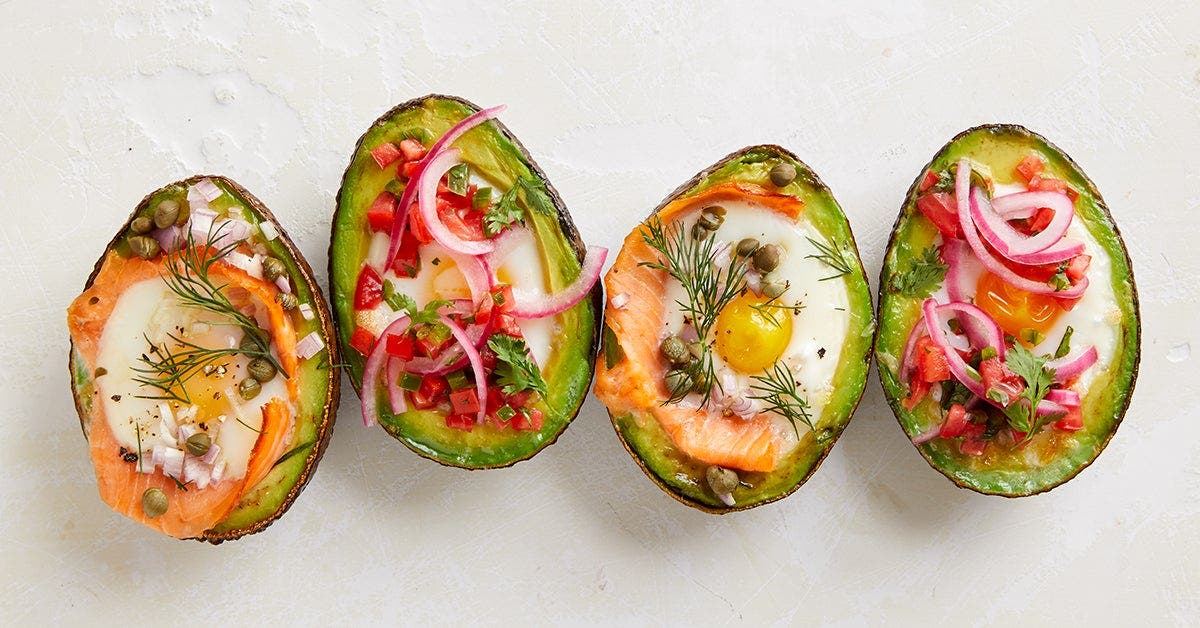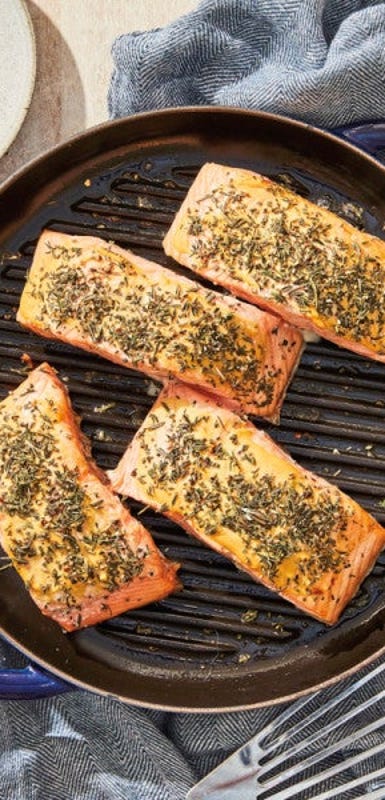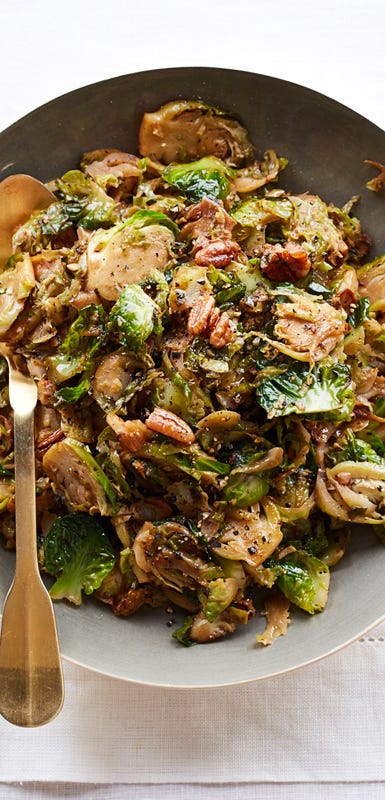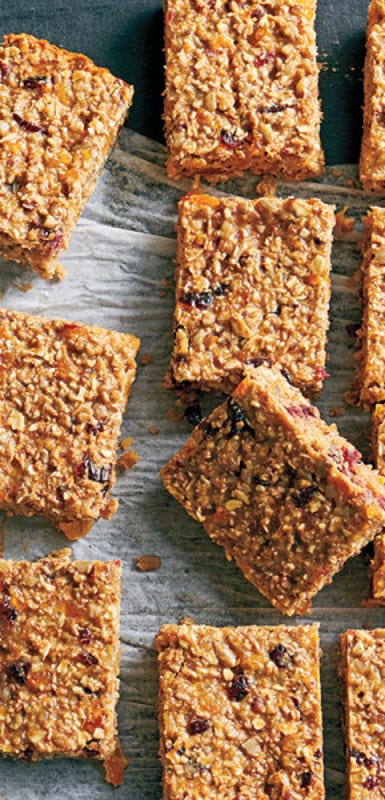5 fast facts about healthy and unhealthy fats


Fat is an essential part of a healthy diet, but the type of fat you eat matters: some kinds are better for your health than others.
Not sure of the differences? Here’s what you need to know about fats, and the best sources of the healthier ones:
1. Unsaturated fats provide health benefits.
They help form the building blocks of our brain and nerves, deliver essential vitamins, and support heart health.
2. There are two kinds of unsaturated fats: Monounsaturated fats and polyunsaturated fats.
Monounsaturated fats are found in foods like avocados, almonds, pecans, peanut butter, and canola, olive, and sunflower oils. Polyunsaturated fats include omega-3 and omega-6 fats, which can be found in salmon, trout, walnuts, sunflower seeds, flax oil, and flaxseeds.
3. Saturated fats are OK in moderation.
Your body doesn’t need saturated fats, but you can still have them in small amounts and have a healthy pattern of eating. They’re found in foods like beef, pork, cheese, full-fat milk, butter, cream, baked goods, and coconut and palm oils.
4. It’s best to limit trans fats.
Trans fats, which include hydrogenated and partially hydrogenated oils, are known to raise harmful LDL cholesterol and lower helpful HDL cholesterol. They’re often found in some brands of cake, frosting, microwave popcorn, and crackers, as well as fast food cooked in hydrogenated vegetable oil.
5. Both low-fat and low-carb eating can drive weight loss.
One weight-loss study found that participants lost about the same amount of weight on both kinds of diets. (The key: They all ate more whole foods and vegetables, and less sugar and refined grains, than they were previously). Eating fewer calories—or staying within your Budget—has been shown to lead to weight loss. Making lasting lifestyle and behavioural changes is an essential component for losing weight and keeping it off for good.







